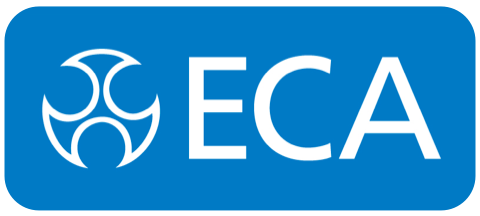
Following the fatal Grenfell Tower fire on 14 June 2017, the Building Safety Bill (hereafter ‘the Bill’) was announced in the Queen’s Speech on 19 December 2019. The final version was introduced in the House of Commons on 5 July 2021. The Bill, which is expected to become an Act in spring 2022, is supported by several draft Regulations. The Act and its supporting Regulations will apply in England but may go on to affect other UK nations.
www.gov.uk/government/publications/building-safety-bill-draft-regulations
Draft duty holder and competency regulations
With regard to the draft competency Regulations under the Bill (the Building (Appointment of Persons, Industry Competence and Dutyholders) Regulations 2021) there appears to be a widespread misconception that the 2021 draft regulations only apply to high rise residential buildings and other ‘higher risk’ buildings. However, such exemption as there is from these draft regulations is set out in regulation 1 as follows:
(5) These Regulations do not apply to an individual intending to carry out building work on the dwelling where they live (or intend to live) where the work consists only of work described in Schedule 4* to the Building Regulations 2010(b) (‘descriptions of work where no building notice or deposit of full plans is required’).
*https://www.legislation.gov.uk/uksi/2010/2214/schedule/4/made
This shows that the regulations apply to a very wide range of industry activity, across new build, and significant renovation and refurbishment.
Draft regulation 7 states:
Considerations before a person carries out work
7.—(1) This regulation applies where a person (P) is proposing to use any person (A) to carry out any building work or design work.
(2) Before permitting A to carry out any work, P must take all reasonable steps to satisfy themself that A—
(a) fulfils the requirements in regulation [8(1) and (2)] (competence: general requirement), or
(b) is an individual who is in training to fulfil the requirements in regulation [8(1) and (2)]
and arrangements have been put in place to supervise A.
(3) Before permitting A to undertake any work, P must additionally take all reasonable steps to satisfy themself that A is able to fulfil the duties of regulation [13] (general duty to plan, manage and monitor).
This places duties on the appointing and appointed party to assess whether the party being appointed is competent. Where HSE has grounds to be involved it is understood they will look for evidence of the process by which the client has “taken all reasonable steps” to satisfy themselves that they are appointing a competent person.
Further paragraphs in regulation 7 relate to duties on those who accept appointments to satisfy themselves that they can meet the safety and quality requirements of the role.
In line with BSI Flex 8670, work is currently under way to develop sector-specific competence frameworks which will define competence standards at all levels of industry, including principal contractors, designers, engineering professionals and installers. ECA, FSA and Actuate UK are actively participating in this work.
Last updated 07 March 22
